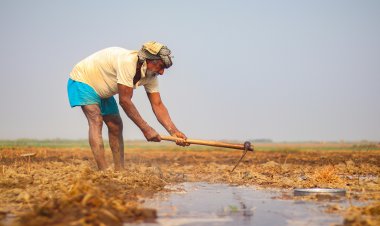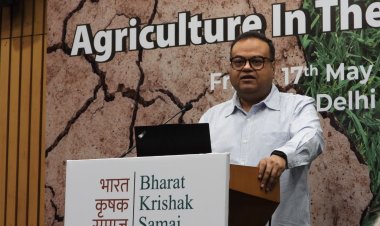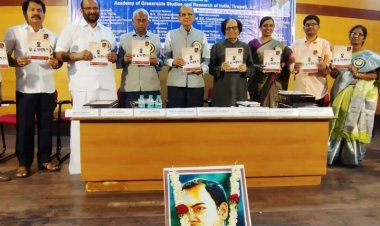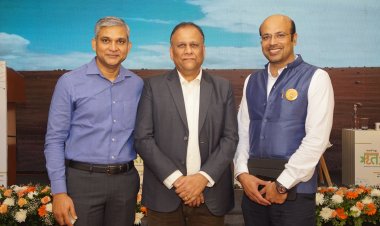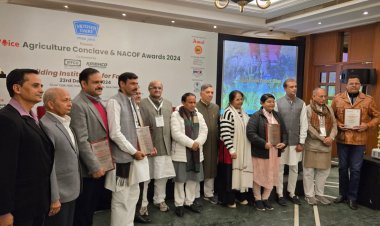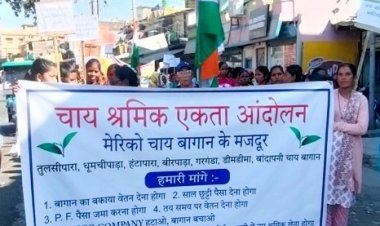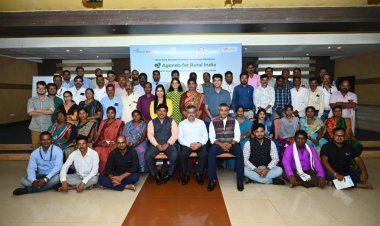Indian seeds industry advocates for stronger intellectual property rights enforcement
The Indian seeds industry urges stronger intellectual property rights (IPR) enforcement to foster agricultural growth. Experts at a Hyderabad conference highlighted IPR’s role in protecting innovations and attracting investments. They emphasized that effective enforcement is crucial for meeting future food demands and ensuring sustainable agricultural development
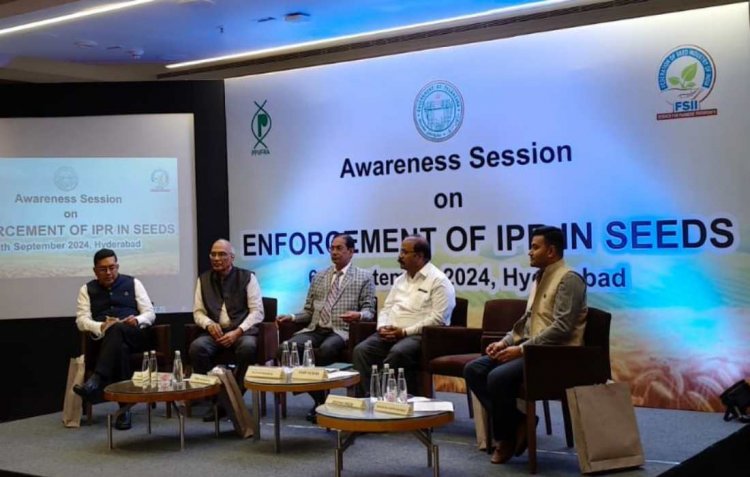
The Indian seeds industry has called for stringent enforcement of intellectual property rights (IPR), citing it as crucial for advancing agricultural growth. Industry experts highlighted the importance of IPR in protecting innovations, attracting research investments, and ensuring seed quality and safety at a conference held on Friday.
The conference, titled “Enforcement of IPR in Seeds,” was organized by the Federation of Seed Industry of India (FSII) in collaboration with the Government of Telangana and the Protection of Plant Varieties and Farmers' Rights Authority (PPVFRA). Speakers underscored the rapid transformation of India's agriculture sector, driven by the adoption of innovative technologies. They pointed to Prime Minister Narendra Modi's recent launch of 109 high-yielding, climate-resilient seeds as a significant step forward.
Dr. Trilochan Mohapatra, Chairperson of PPVFRA, emphasized the importance of IPR enforcement, stating that high-performing seed varieties, developed through rigorous research, have significantly increased agricultural productivity and economic growth. He stressed that plant breeding is a costly and lengthy process, making robust IPR protection vital for encouraging the development of new varieties and supporting innovation.
India’s population is expected to reach 1.7 billion by 2050, necessitating a substantial increase in food production. Experts argue that a strong seed industry supported by effective IPR enforcement is vital for meeting this challenge and ensuring food security.
A 2015 study by CropLife International and EuropaBio underscores that IPR is essential for fostering innovation and recovering research investments. Hybrid seeds, for example, have significantly enhanced productivity, contributing an estimated EUR 75 billion to global farm incomes from 2000 to 2012. IPR enforcement plays a key role in sustaining this growth.
Ram Kaundinya, Advisor to FSII, stressed the need for grassroots-level law enforcement, highlighting the importance of educating authorities on IPR, seed identification, and case registration to prevent IP theft and illegal GM seed production. Effective enforcement at this level can attract seed research investments and production contracts.
Raghavan Sampathkumar, Executive Director of FSII, pointed out the challenges in IPR enforcement, including weak mechanisms, balancing farmer and breeder rights, and lengthy judicial processes. He advocated for a balanced approach that integrates technology, judicial reforms, and dialogue among stakeholders to overcome these challenges and improve IPR enforcement in India's seed sector.
The conference concluded with a call to action for strengthening IPR enforcement to support the growth and sustainability of India’s seed industry.



 Join the RuralVoice whatsapp group
Join the RuralVoice whatsapp group



















